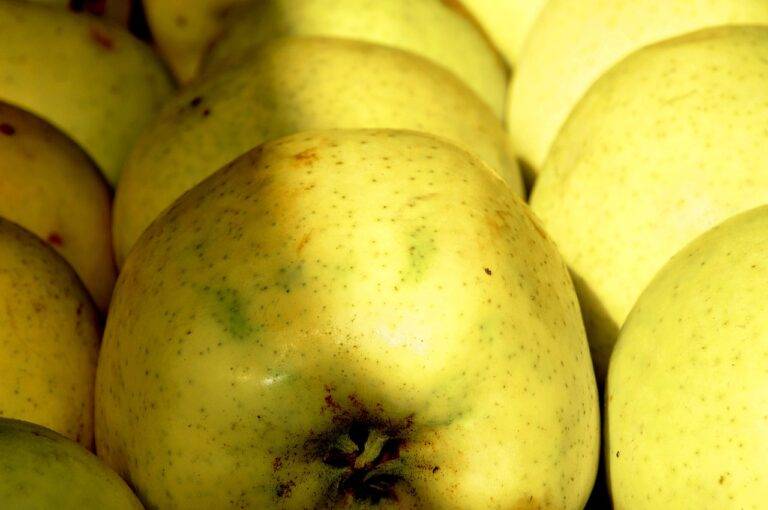The Role of Startups in Food Industry Innovation
Traditional food companies are encountering a variety of challenges in today’s increasingly competitive market. One prevalent obstacle is the changing consumer preferences and demands, which can be difficult to keep up with. Consumers are now seeking healthier, more sustainable options, as well as greater transparency regarding the sourcing and production of their food.
Another key challenge faced by traditional food companies is the rising costs of production and distribution. Raw material prices, transportation expenses, and other operational costs continue to increase, putting pressure on profit margins. In addition, strict regulations and quality control standards add to the complexity and costs of doing business in the food industry.
Innovative Solutions Provided by Food Industry Startups
Food industry startups have been at the forefront of introducing innovative solutions to address challenges faced by traditional food companies. These startups leverage technology and creativity to develop new products, processes, and business models that disrupt the status quo in the industry. By thinking outside the box, these startups are able to cater to changing consumer preferences and demands in ways that traditional companies have struggled to keep up with.
One key area where food industry startups have made a significant impact is in sustainability and social responsibility. These startups are increasingly focusing on developing eco-friendly packaging, reducing food waste, and promoting fair trade practices. By prioritizing sustainability, these startups are not only meeting the evolving consumer expectations but also contributing towards a more environmentally conscious food industry.
Impact of Technology on Food Industry Innovation
Technology is revolutionizing the food industry, driving significant innovation and change in the way food is produced, distributed, and consumed. From automated food processing systems to blockchain technology for supply chain transparency, the advancements in technology are reshaping the traditional methods of food production.
Moreover, the integration of artificial intelligence and machine learning in food safety protocols and inventory management is enhancing efficiency and accuracy in the industry. This digital transformation is not only streamlining operations but also improving quality control measures, ultimately benefiting consumers with safer and healthier food options.
How are traditional food companies being affected by advancements in technology?
Traditional food companies are facing challenges in keeping up with the innovative solutions provided by food industry startups using technology.
What kind of innovative solutions are food industry startups providing?
Food industry startups are providing solutions such as online food delivery platforms, smart kitchen appliances, food tracking apps, and personalized nutrition services.
How is technology impacting food industry innovation?
Technology is enabling faster development of new food products, improving food safety measures, optimizing supply chain processes, and enhancing the overall customer experience in the food industry.







